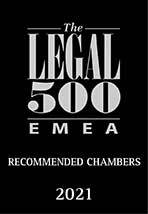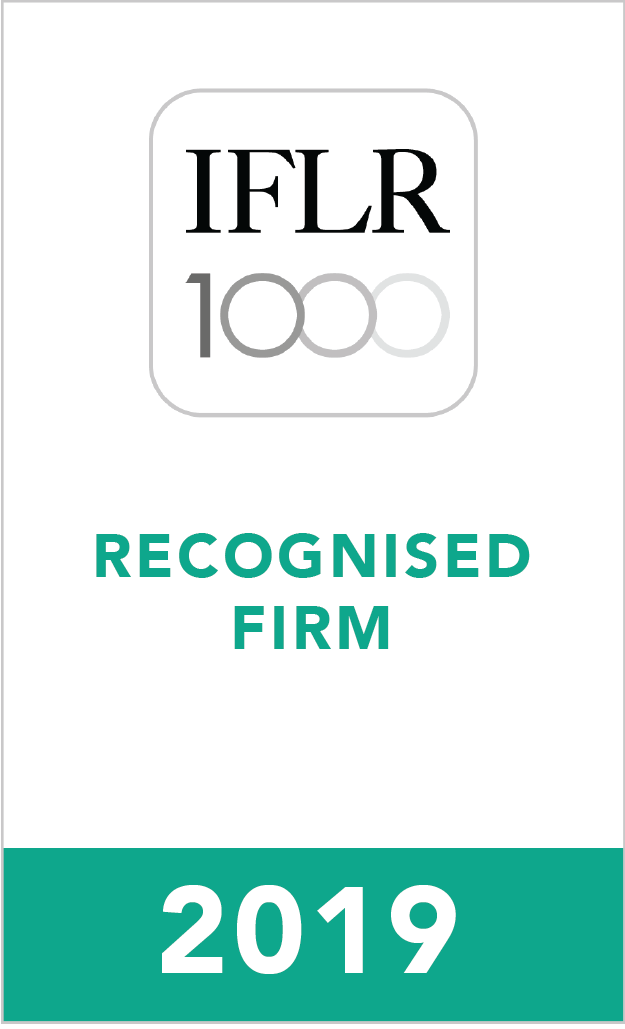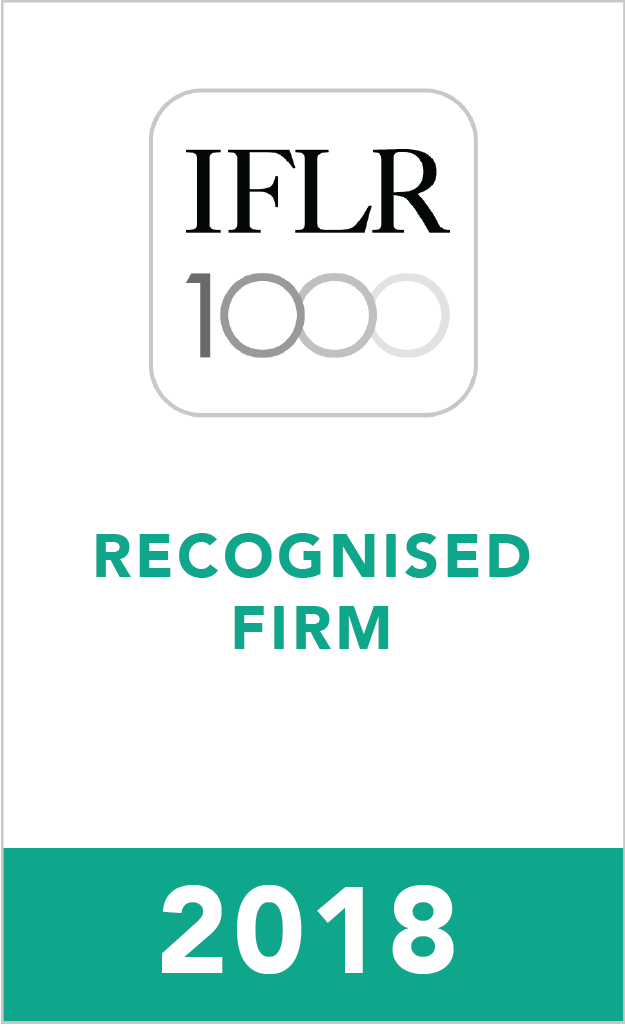On 26th June 2025, President Bola Ahmed Tinubu assented to the following Acts; the Nigeria Tax Act, the Nigeria Tax Administration Act, the Nigeria Revenue Service (Establishment) Act, and the Joint Revenue Board of Nigeria (Establishment) Act, (together “the Tax Reform Acts”) which are to take effect from 1st January 2026.
We have highlighted below key provisions that will have impact on manufacturing businesses in Nigeria.
- New Companies Income Tax (CIT) rate and Reclassification of Companies
- The threshold for small companies prior to the NTA was ₦25 Million which has now been increased to ₦50 Million with fixed assets not exceeding ₦250 Million.
- The implication is that manufacturing companies below the new threshold will not be liable to pay CIT while large companies remain subject to 30% tax rate.
- Minimum Effective Tax Rate (ETR)
- Section 57 of the NTA provides that where in any year of assessment, the effective tax rate of a company is less than 15%, the company shall pay an additional tax that makes its effective tax rate equal to 15%.
- It is important to note that the above provision will apply to any manufacturing company that is a constituent entity of a Multinational Enterprise Group or its aggregate turnover is ₦20,000,000,000.00 (Twenty Billion Naira) and above in the relevant year of assessment. Effective tax rate is arrived at by dividing the aggregate covered tax paid by a company for a Year of Assessment by the profits of the company. This is likely to have significant effect on the possible tax exposure for large manufacturing companies.
- In addition, Section 6(3) of the NTA provides that where a non-resident company, being either a subsidiary of a Nigerian company or a member of the same multinational group as a Nigerian company, pays income tax in any year at a rate lower than the minimum effective tax rate, the Nigerian parent company shall be liable to pay a top-up tax sufficient to bring the non-resident company’s tax liability up to the prescribed minimum effective tax rate.
- Development Levy
- Section 59 of the NTA introduces a single, consolidated Development Levy of 4% on assessable profits for all companies except small and non-resident companies. This new levy consolidates several existing charges and levies previously paid by manufacturing companies, as such, the applicable levy may increase the tax burden on these manufacturing companies. This has replaced Tertiary Education Tax (TET), National Agency for Science and Engineering Infrastructure (NASENI) levy, National Information Technology Development (NITDA) Levy, Police Trust Fund levy. This will simplify compliance.
- Capital Allowance Rate
- Section 27 (2) of the NTA provides that only capital expenditures on which VAT or import levies have been paid will qualify for capital allowances.
- In addition, the NTA has repealed the previous system of initial allowance and subsequent annual allowance and introduces uniform capital allowance rates of either 10%, 20%, or 25%, depending on the category of the qualifying asset.
- Furthermore, with respect to qualifying capital expenditure for an asset that is only partly utilised in generating the assessable profits, capital allowance is pro-rated and only the portion for taxable income will be deductible. Section 27(4) of the NTA stipulates that capital allowance proration is not required if nontaxable income is less than 10% of total income.
- Research and Development Deductions
- Section 165 of the NTA permits deductions for costs incurred on research and development in computing the profit or loss of a company. Such deduction shall however not exceed 5% of the turnover for the year. This can be seen as an incentive to drive local production and reduce dependency on imported products.
- Capital Gains Tax (CGT)
- The NTA has increased the applicable CGT rate for companies to 30%, this aligns with the CIT rate for large companies while on the other hand small companies are exempt from CGT entirely.
- Section 34(1)(a)(I) of the NTA provides that shares in a Nigerian company are exempted from CGT where the proceeds of disposal of such shares are less than ₦150 million and the chargeable gain does not exceed ₦10 Million in any 12 consecutive months, or the shares are transferred between an approved borrower and a lender in a regulated Securities Lending Transaction.
- Recoverable Input VAT
- Section 156 (5) of the NTA makes input tax incurred on any taxable supply, including services and fixed assets made to such person, deductible from the tax payable by the person on its taxable supplies at the end of the tax period. Manufacturing companies can claim input VAT on purchases including services and capital assets such as machinery or factory equipment used in producing VATable goods.
- In line with section 156 (4) of the NTA, where a final product is subject to zero-rated VAT, a person shall pay VAT on taxable supplies used in manufacturing such product and subsequently request for a refund.
- Priority Sectors and Economic Development Incentive
- In accordance with sections 166 – 183 of the NTA, companies in the listed priority sectors are granted economic development tax credit for a specified priority period. The economic development tax credit shall be used to offset the CIT payable in any year of assessment during the relevant priority period, however, such companies are required to pay the effective tax rate of 15%.
- In addition, a company may utilize its economic development tax credit within five assessment years after the priority period.
- Expansion of Zero-Rated VAT and VAT Exemption
- A number of essential goods and services, basic food items, educational books, and school tuition at the nursery, primary and secondary levels are now zero-rated VAT, while shared road transport services is now exempt from VAT. This could translate to lower costs for commuting and price for essential commodities.
Conclusion
The Tax reforms heralded by the new piece of legislation is aimed at stimulating the economy which is expected to benefit manufacturing companies provided they comply with the applicable laws.












